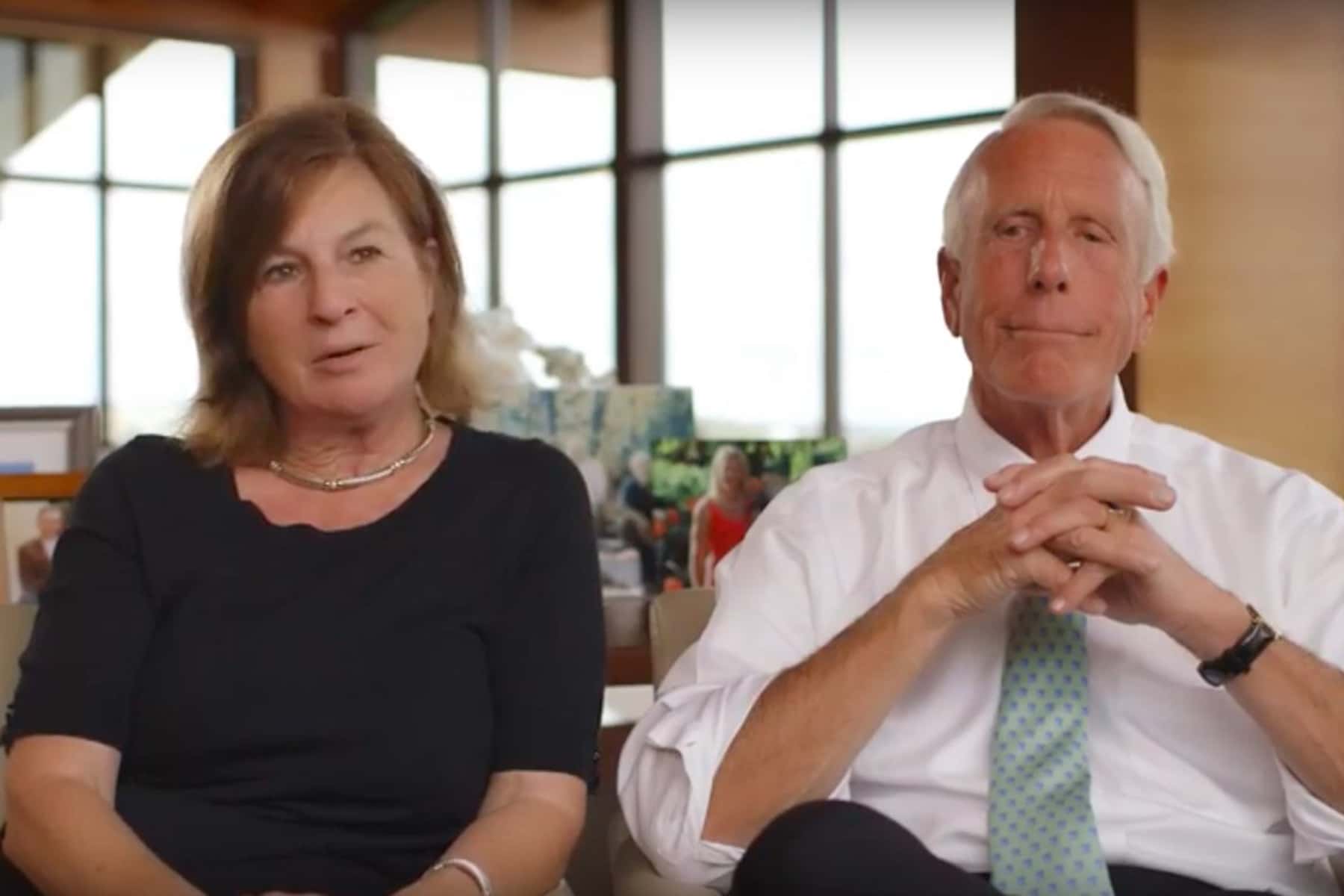Maxp
Well-known member
- Joined
- May 17, 2019
- Messages
- 500
- Reaction score
- 864
Offline
I fear we are really going to be in a bad place due to the obvious cuts to the federal agencies that deal with infectious disease, but also the negative effect the Affordable Care act has had on non urban hospitals. Our front line defenses are ineffectual and our ability to treat the populous is probably at an all time low. Factor in the cost of healthcare and I can see our system crashing. What do you think about the politics of this virus?


